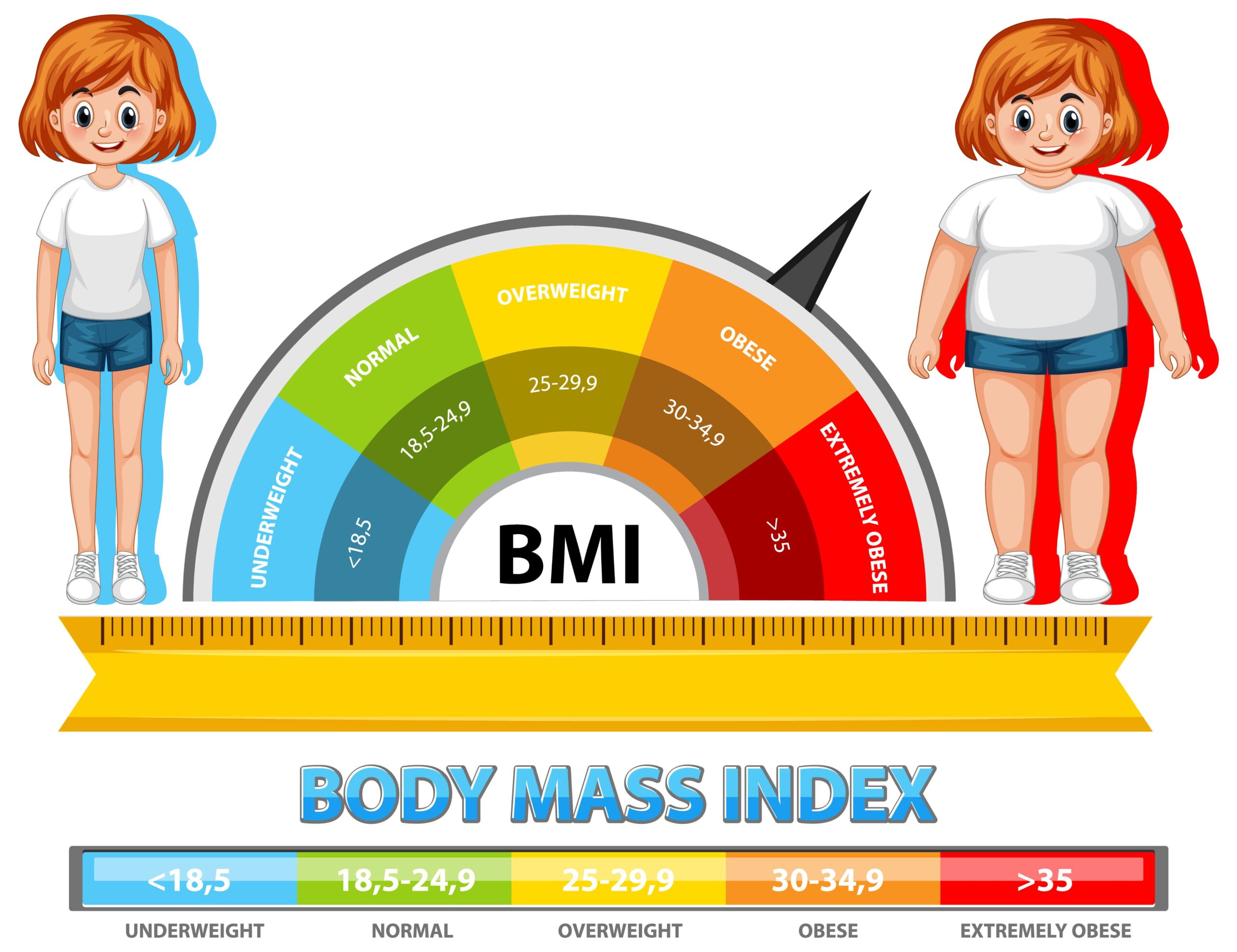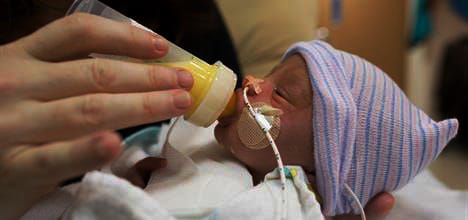Conspiracy theories and question marks on vaccination
Conspiracy theories about vaccination
In the realm of public health, few topics have been as polarizing as vaccination. Despite overwhelming scientific evidence supporting the safety and efficacy of vaccines in preventing disease and saving lives, a myriad of conspiracy theories persist. These theories not only challenge the scientific consensus but also threaten to undermine public trust in one of the most effective tools in the fight against infectious diseases. This blog post explores the various conspiracies surrounding vaccination, their origins, and the impact they have on public health efforts.
The Myths and Conspiracies
One of the most persistent conspiracies is the claim that vaccines cause autism. This theory was sparked by a now-debunked study published in 1998, which has been retracted by the journal that published it due to serious procedural errors and undisclosed conflicts of interest by the author. Despite extensive research disproving any link between vaccines and autism, the myth persists, fueled by misinformation and celebrity endorsement.
Another common conspiracy theory suggests that vaccines are a tool for government control or depopulation. This theory often claims that vaccines contain harmful substances or microchips intended to harm or control the population. Such ideas, though wildly unfounded and disproven, can gain traction through social media and the spread of misinformation.
There are also theories that suggest the pharmaceutical industry promotes vaccination solely for profit, disregarding public safety. While it’s true that the pharmaceutical industry benefits financially from vaccine production, this overlooks the rigorous testing, regulation, and oversight vaccines undergo before being approved for public use. Vaccines are not only a product of pharmaceutical companies but also the result of collaborative global research involving universities, governments, and international health organizations.
The Impact of Vaccine Conspiracies
The impact of these conspiracy theories cannot be understated. They have contributed to vaccine hesitancy, a reluctance or refusal to vaccinate despite the availability of vaccination services. Vaccine hesitancy has been identified by the World Health Organization (WHO) as one of the top ten global health threats. It leads to lower vaccination rates, which in turn can result in outbreaks of diseases that were previously under control or nearly eradicated, such as measles.
In some communities, these conspiracies have eroded trust in healthcare providers and public health authorities, making it more challenging to implement vaccination programs. This mistrust extends beyond vaccines, potentially compromising the response to public health crises, as seen during the COVID-19 pandemic.
Addressing the Myths
Combating vaccine conspiracies requires a multifaceted approach. Education and transparent communication are crucial. This includes providing clear, evidence-based information about the benefits and risks of vaccines, the process of vaccine development, and the importance of vaccines in public health.
Healthcare providers play a key role in addressing concerns and misinformation. By building trusting relationships with patients and communities, they can offer personalized advice and reassurance about the safety and efficacy of vaccines.
Social media platforms and news organizations also have a responsibility to curb the spread of misinformation. Implementing stricter policies on misinformation and promoting accurate content can help reduce the reach of harmful conspiracy theories.
Conclusion
Vaccine conspiracies, fueled by misinformation and distrust, pose a significant challenge to public health. Addressing these conspiracies requires concerted efforts from healthcare professionals, educators, policymakers, and the media to promote science-based information and foster trust in vaccination programs. As history has shown, vaccines are a cornerstone of public health, capable of preventing disease and saving millions of lives. Overcoming vaccine hesitancy and conspiracy theories is crucial in continuing the fight against infectious diseases and ensuring the well-being of future generations.







